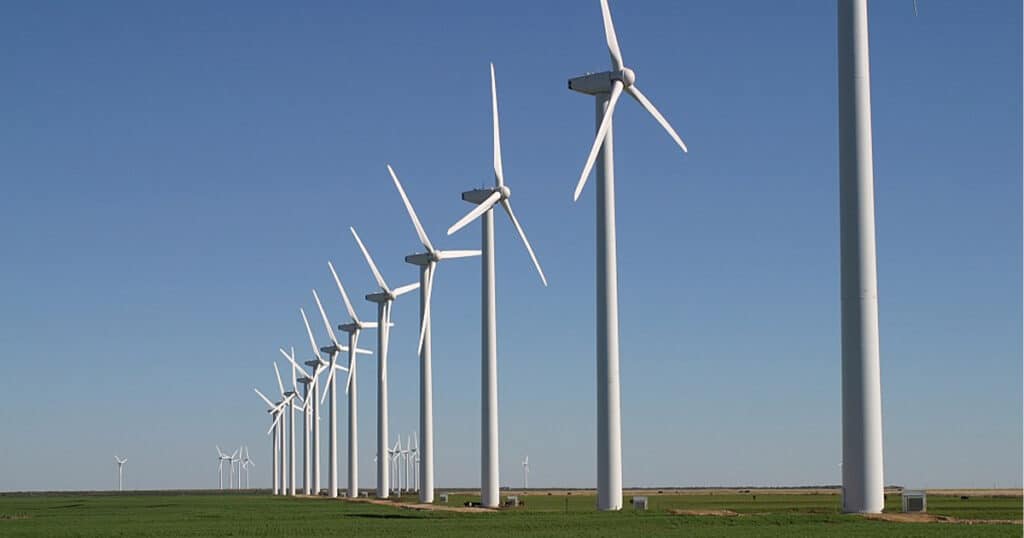
The IEA’s Net Zero Pathway Is Economically Illiterate
The International Energy Agency (IEA) is either woefully economically ignorant or intent on misleading world governments with respect to the so-called net zero energy transition. This much is clear to me, as an economist, after reading the recent report from the RealClearFoundation and the Energy Policy Research Foundation (EPRF) on the IEA’s net zero scenario.
The EPRF has done us all a great service in analyzing the IEA’s scenario. To formulate it, the IEA used a pair of complex models to determine what policies and actions will be needed to achieve net zero carbon emissions by 2050.Unfortunately, the IEA’s analysis has glaring blind spots and absurd assumptions that severely limit its usefulness. The authors of the EPRF assessment clearly explain these limitations.
In my view, the most striking problem with the IEA’s net zero scenario is how it treats GDP in the modeling. GDP is a useful general measure of the economic value of goods and services generated by an economy. A key component of policy analysis on a large scale is to estimate the effect of a policy on GDP growth. To the extent that it’s possible with the information we have, we need to know how a policy will affect the material well-being of the people governed by said policy.
According to the EPRF’s analysis, however, the IEA chose not to do this. Instead, the IEA assumed GDP growth as an input into its models. The IEA admits this in its report but fails to grasp the consequences of this oversight. Because of the design of its models, the IEA cannot come to credible conclusions about the costs and benefits of the policies it advocates.
Further complicating this oversight is the IEA’s expectation of horrifying economic conditions as a result of the net zero transition. On page 171 of its report, for example, the IEA claims that it expects retail electricity prices to “increase by 50% on average” by the year 2050. Politicians are already eyeing per-household energy taxes, so it’s not hard to see why the IEA is happy about the rising cost of energy.
The notion that this increase in price would not have catastrophic effects on all sectors of the economy, and particularly on the financial condition of the planet’s poorest people, is absurd in the extreme. And the IEA has no mechanism in itsmodels for evaluating the effects of this tremendous rise in price of a basic production input for all the things needed to live in a modern society.
Another significant problem is the IEA’s analysis of the labor required to complete the net zero transition. As the authors of the EPRF report astutely point out using the IEA’s own analysis, energy jobs will become less productive during the net zero transition. So-called renewable-energy generation is intermittent and diffuse, meaning that the labor used to build and operate these systems is less useful than that used to build and operate coal, gas, and nuclear power plants. This fact is supported by the analysis of wages conducted by the authors of the EPRF report.
The IEA expects world governments to forcibly end the use of coal, natural gas, and nuclear power generation; jobs in these sectors all pay better than those in solar and wind generation. Generally speaking, workers are made better off with improvements in technology that allow them to be more productive. Though not explicitly, the IEA’s report admits that its net zero scenario and the draconian policies needed to get us there will reverse the pro-growth process that has supported improvements in our standard of living worldwide.
These are just a few examples of the enlightening analysis provided by the Energy Policy Research Foundation’s report. The report gives us insight into the mindsets of those who have a quasi-religious belief in the need to end our use of cheap, reliable energy. The EPRF’s report should serve as a reference for activists and politicians pushing back against the totalitarian, anti-energy policies being planned by influential international organizations like the IEA.
Levi Russell is an associate teaching professor at the University of Kansas School of Business.
This article was originally published by RealClearEnergy and made available via RealClearWire.



